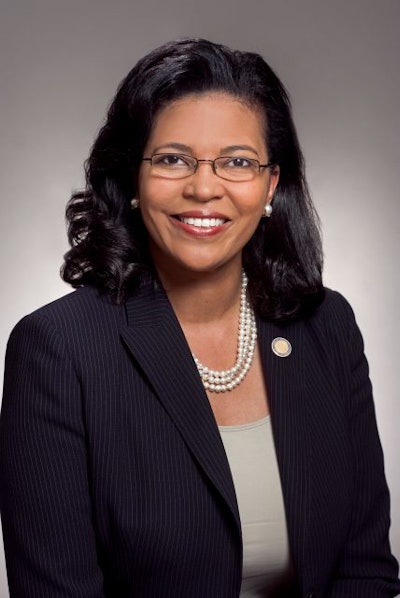In a move that could have implications nationally, Louisiana’s public colleges and universities announced that it will be revamping classes for students who aren’t prepared for college English or math.
The Louisiana Board of Regents approved a new policy that effectively ends the use of remedial coursework at all of the state’s public universities and colleges. The move follows a larger trend of institutions across the nation opting to abandon remedial—or development education—in favor of an alternative called corequisite education.
Under this new formal, instead of taking noncredit courses with short class sessions, students will attend longer sessions that move through the semester from makeup material to college-level work. They’ll also get additional academic support, and if they pass will get college credit.
The abandonment of remedial courses, however, has raised some concerns, particularly in the wake of the COVID-19 pandemic, where many high school educators report students being less prepared for college because of the abrupt pivot to virtual learning more than two years ago.  Dr. Kim Hunter Reed
Dr. Kim Hunter Reed
But supporters of this new approach say that it will actively help students save money and ultimately graduate. Too many students, they argue, languish in remedial courses and incur debt before dropping out of school without an earned credential.
“Today’s action by the Board is a great example of putting our Master Plan objectives into play,” said Board of Regents Chair Collis Temple III. “Addressing barriers to student success, like passing college-level math, gets us closer to our goal of doubling the number of credentials in our state by 2030 and at the same time saves our students time and money.”
He said that under the new guidelines, college students needing remediation will be placed in for-credit or gateway math/English courses while given additional academic support, an approach known as co-requisite. This will result, he said, in students taking a for-credit math or English course with longer time on task instead of a shorter, not-for-credit remedial course.
The new approach is designed to increase the number of students who can access and successfully complete gateway courses; increase retention and graduation rates of college students; and remove access and outcome barriers for Louisiana students.
“For Louisiana to reach its attainment goal of 60% of working adults with a degree or credential by 2030, we have to focus our efforts on both traditional students coming to college right out of high school as well as transfer students, near-completers, adult learners and veterans, who all bring a variety of experience with them when they arrive on campus,” said Commissioner of Higher Education Dr. Kim Hunter Reed. “By honoring all the pathways that lead students to us, we can ensure more Louisiana citizens get the education and training necessary to prosper in our knowledge economy.”
Under these new guidelines, credit will be awarded based on national standards such as Advanced Placement (AP), the College-Level Examination Program (CLEP), Industry-Based Certificates (IBC), DANTES Subject Standardized Tests (DSST), or military exams or training. Credit may also be awarded based on the evaluation of a portfolio of professional experience or through a faculty-developed institutional challenge exam.
Several higher education organizations praised the move and said that other states should consider adopting similar strategies.
“Complete College America (CCA) commends the Louisiana Board of Regents for their commitment to college completion by adopting policies that promote co-requisite support and prior learning assessments,” said Dr. Yolanda Watson Spiva, president of Complete College America. “CCA is a champion of this work. We are confident that these strategies will be employed at scale across Louisiana, and with success, because CCA Fellow Dr. Tristan Denley was instrumental in full-scale implementation of corequisite support in Georgia and Tennessee, increasing pass rates and eliminating equity gaps.”















